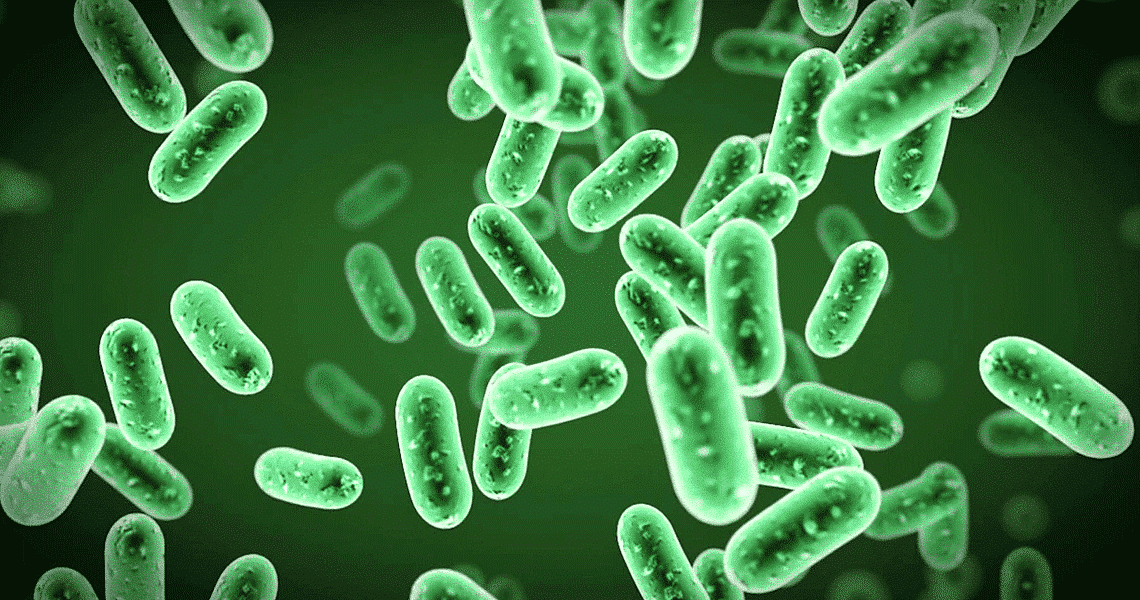Influence of Alicyclobacillus (ACB) in Food Processing Plants
Alicyclobacillus (ACB) is a genus of aerobic, acidophilic, thermophilic, spore-forming bacteria. They are acid tolerant and it is also capable of surviving at high temperatures, and its spores are resistant to pasteurisation. This means that many traditional heat treatment processes used in the food industry are ineffective and contamination problems often show up several days after packing.

The first Alicyclobacillus species was first isolated in 1982, and was originally thought to be strictly limited to thermophilic and acidic environments. Two years later, another Alicyclobacillus species, Alicyclobacillus acidoterrestris, was identified as the causative agent in the spoilage of commercially pasteurised apple juice. Subsequent studies soon found that Alicyclobacillus species are soil borne bacteria, and do not strictly require thermophilic or acidic environments.
Its presence in packaged products has been reported to cause flavour alterations but current studies confirm that Alicyclobacillus is not a pathogenic organism. To prevent the effects of Alicyclobacillus in food and drink, it is necessary to include controls at every stage in the production process including:
- Harvesting
- Storage
- Manufacture, storage and transport of semi-finished products
- Processing and packing of finished products
- Storage and distribution
Main Risk Areas
The main risk areas to be controlled include:
- Water: All water involved in all processes should be controlled. Condensate water is especially critical
- Quality of product
- Storage conditions
- Filtration
- Packing material
- Cooling, filling and storage temperatures. The product should be cooled to less than 20°C as soon as possible
- Production plant cleaning
Water
Water should be tested, including incoming water, water after treatment and condensate water.
The presence of Alicyclobacillus in the concentrator could contaminate the condensate water. An evaporator that prevents cross contamination from the product stream into the condensate should therefore be used where possible. The condensate from the evaporator provides ideal conditions for the growth of Alicyclobacillus, which could be a particular problem where such water is stored for a long time without treatment.
Food Processing
Alicyclobacillus can be present in soil so raw materials may be contaminated when introduced into the production chain. In particular, rotten vegetation, foreign materials and dirty material should be eliminated. It is also important to use appropriate sanitising chemicals and the cleanliness of equipment must be checked. Special attention should be given to the quality and cleanliness of water involved in cleaning processes. Aroma can be an indication of the presence of Alicyclobacillus in the process.
When using homogenisers, their maintenance, cleaning and sanitation are very important to prevent Alicyclobacillus.
Pre-heating treatments are one way to reduce Alicyclobacillus. Another possible option is the use of an ultra-filter to prevent the passage of bacteria and bacterial spores. Even where filters are present, they may not always work correctly, potentially allowing Alicyclobacillus to still be present in the product. Pre-concentration can also be used to inhibit the growth of Alicyclobacillus by reducing the water content of the product.
To destroy Alicyclobacillus spores, a temperature of 125°C with an appropriate holding time is recommended. Evaporators are ideal places for Alicyclobacillus to grow so they need regular cleaning and sterilisation. Two stage heat treatments should be used when possible; the first heating activates the spores and encourages the production of cells, while the second stage destroys these cells.
Product filling and storage temperatures should be less than 20°C in order to prevent the growth of vegetative organisms in the finished product and any Cleaning in Place (CIP) schedule must take into account the risk of Alicyclobacillus contamination, for example by supplementing standard CIP cleaning with the periodic use of bacterial sporacides.
Filling Operations
The production plant must be of a hygienic design and must take into account the requirements of cleaning and sanitisation. Measures should be taken to reduce the potential for the production of guaicol, possible through the use of antioxidants and the control of oxygen.
As mentioned previously, filling temperatures should be 20°C or less to reduce spore activation and the product should be maintained below 20°C during storage and distribution. Traditional sterilisation processes in packaging may not destroy Alicyclobacillus spores, and without due care the heating process, may actually germinate spores increasing the problem.
Systems should be in place to ensure the quality of all packaging materials.